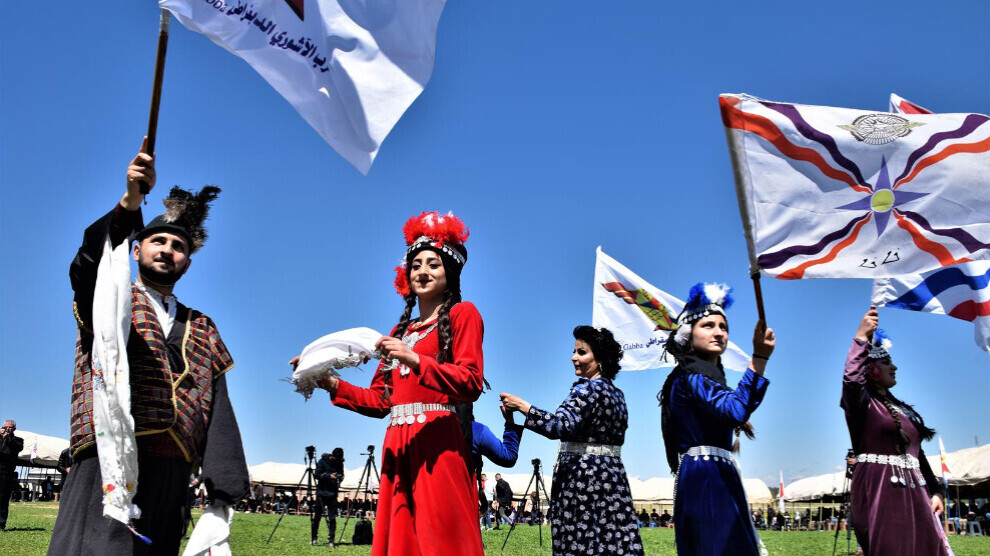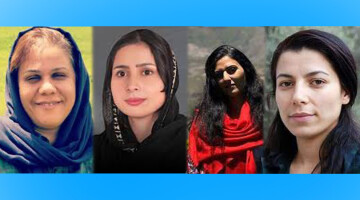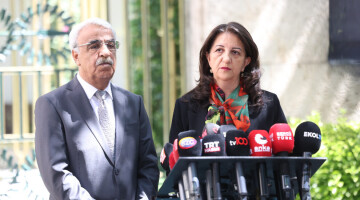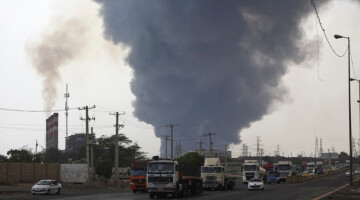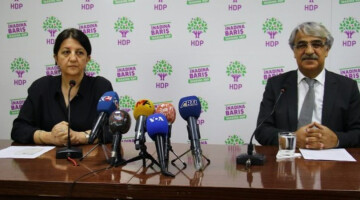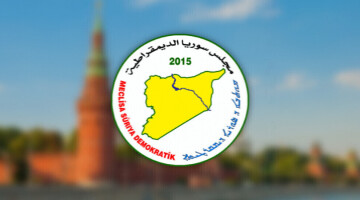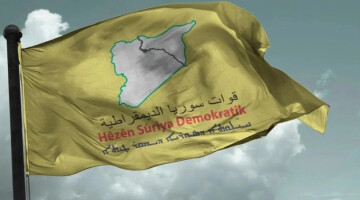On 1 April, Assyrians around the world celebrate the spring festival Akitu to mark the beginning of the new year. The Christian peoples in the autonomous region of northern and eastern Syria also celebrated their Akitu on Saturday and thus welcomed the beginning of spring. This year, more than ever, the celebration of renewal and the rebirth of nature is marked by the resistance to the threats posed by regional and international forces of those who are making a unique attempt to create a democratic alternative to the status quo and a multicultural society in the midst of brutal war.

The Akitu, or Kha b' Nisan ("April 1st"), is one of the oldest festivals in the world. It derives its name from the word barley, which is emblematic of civilization and the thriving life throughout the region. The central celebrations were held in the cities of Qamishlo and Hesekê, with parades and dances in traditional Assyrian, Aramaic and Chaldean costumes.


